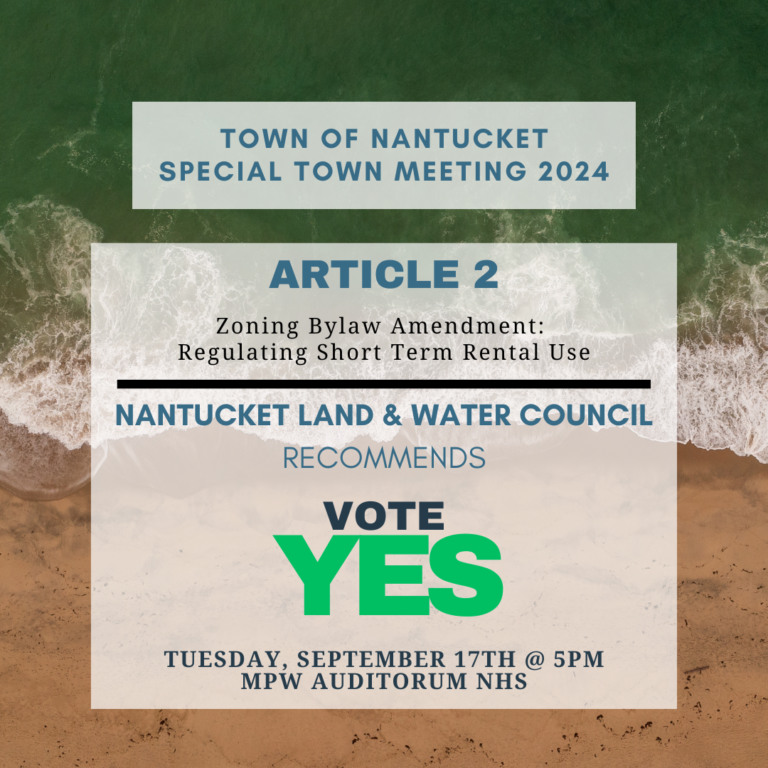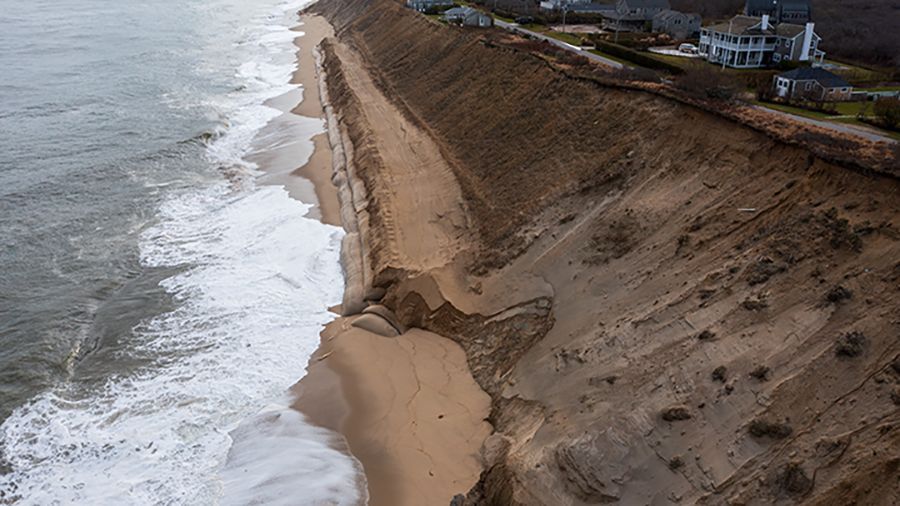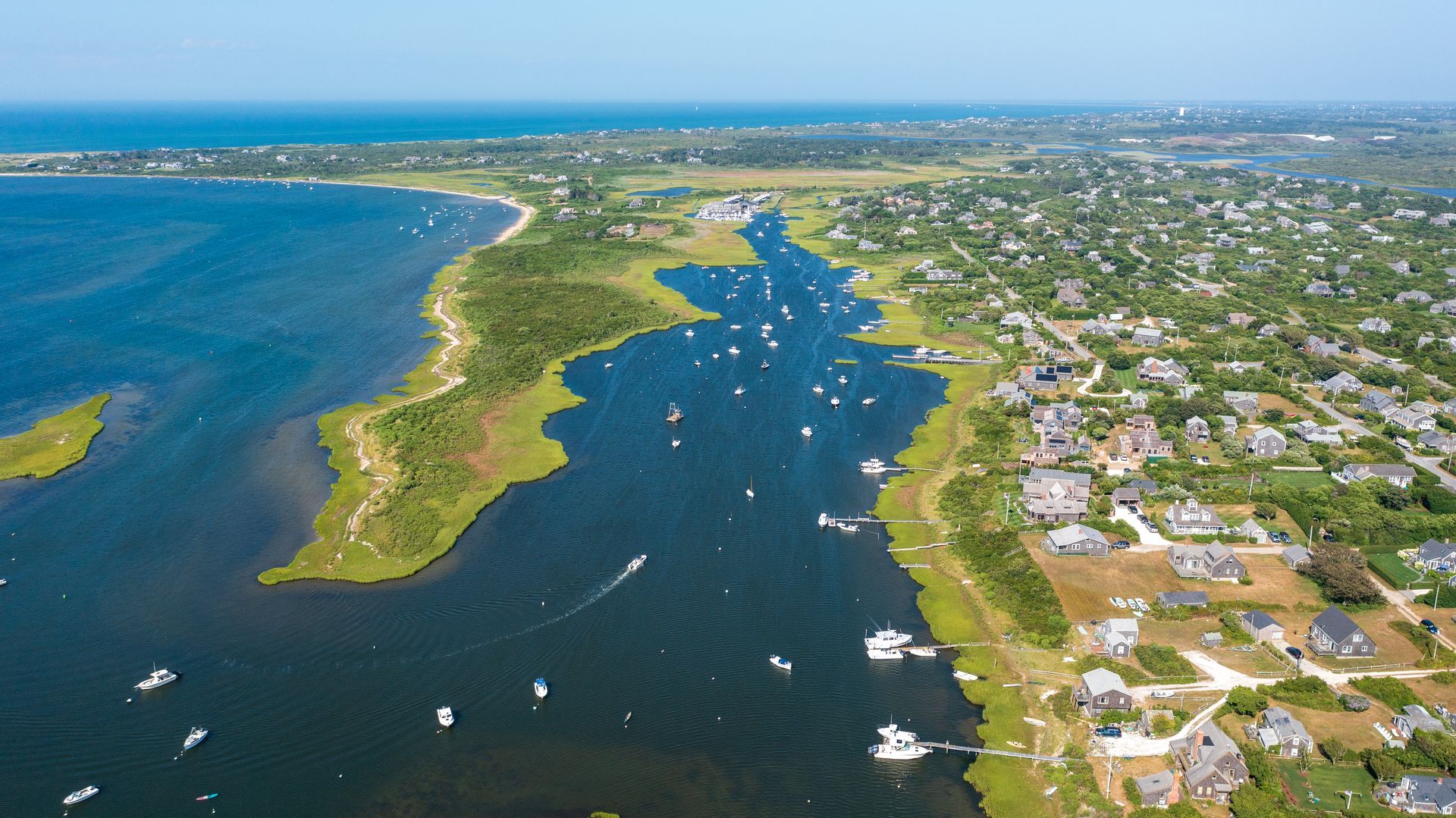NLWC News
NLWC Recommends Vote YES on Article 2 at Special Town Meeting
Dear Members and Friends,
As you likely know, Nantucket’s 2024 Special Town Meeting is being held this coming Tuesday, September 17th at 5:00pm in the Nantucket High School Auditorium.
If you are a Nantucket registered voter, we are writing to ask that you join us on Tuesday and help us vote for the future health of Nantucket’s environment and community. The Nantucket Land & Water Council’s 2024 STM Recommendations can be found on our website (HERE) and will be available in paper form at the entrance to Town Meeting.
The Nantucket Land and Water Council (NLWC) has been working to preserve the health of Nantucket’s environment and community through the protection of our land and water resources since 1974. We accomplish this through research, education and advocacy. We are and have been the island’s trusted environmental advocate for over 50 years. Today we are writing to provide you with our position and recommendations for Tuesday’s Special Town Meeting in regard to the Short-Term Rental articles.
The NLWC has observed that the rise of the commercial short-term rental (STR) industry contributes to and incentivizes an intense (re)development of properties on Nantucket designed to deliver the highest rate of return. This is often accomplished by maximizing properties with buildings, bedrooms and amenities intended to meet the expectations of prospective occupants. This decreases open space and habitat in neighborhoods, escalates the intensity of use, and puts increasing pressure on the island’s resources jeopardizing the health of our drinking water, ponds and harbors, and our shared infrastructure such as solid waste and storm-water management, water and sewer.
While this type of development and the intensity of use that it facilitates will certainly maximize the return on an investment, it comes at a severe cost to our island. The Nantucket Land & Water Council is not opposed to all STRs. We support regulation that is consistent with Nantucket’s local tradition of residents renting their homes. NLWC opposes STRs for purely commercial or investment purposes. Our priority is to eliminate or reduce the pressure and incentive to turn our limited resource of homes into businesses that profit individuals and/or corporate entities while at the same time cumulatively harming the long-term health of our environment and community.
This year’s Special Town Meeting Warrant contains several articles relevant to Short-Term Rental regulations. NLWC recommends a YES Vote on Article 2 as it upholds Nantucket year round and seasonal residents’ ability to short term rent their homes while limiting existing and disincentivizing new investor ownership of STRs. The other articles will not accomplish this priority.
The NLWC has worked with the proponent of Article 2 on a Positive Motion (as Article 2 was not supported by the Planning Board or Finance Committee), to be presented on the floor of Town Meeting. The NLWC supports this Article 2 Positive Motion as presented HERE which makes several amendments to the original article simplifying its provisions and accomplishing the following goals:
- Allow short term rentals as an Accessory Use to the Principal Use of a property as a residence. It also clarifies Accessory Use of STRs as simply renting a property for at least one day less than it is used as a residence.
- Require owners or their immediate family members to utilize the property for at least 30 days (need not be consecutive) in a calendar year.
- Allow for the short term rental of only one property per owner at a time and only one dwelling on the property at a time.
This article has been reviewed by the Town Moderator and approved as “within the scope” of the original article.
As drafted these provisions will support and clarify the language that currently exists in our Zoning Bylaw, and will allow the use of short term rentals year round while reducing investor incentives and intensity of use.
The NLWC does not support Articles 1, 3 or 4 (see comments in NLWC Recommendations below).
While Article 1 appears to limit the number of STRs that a person can have, it establishes a clear loophole for a person to set up multiple different legal entities to own and utilize multiple properties as STRs. It does not require the property to ever be used as a residence by the owner, and the limits on STRs for new owners are not enough to disincentivize investor ownership. The NLWC recommends a NO Vote on Article 1.
Nantucket has come to measure economic success in terms of each year being bigger and better than the last. This type of growth is not sustainable and it is critical that we implement measures to manage our growth in a way that ensures a viable future for the island we all love.
If maintaining a healthy environment, community and quality of life on Nantucket is important to you, please join us and attend the Special Town Meeting on September 17th and Vote YES for the Positive Motion on Article 2.
Your vote is extremely important and your vote matters. Many articles have been decided on fewer than 10 votes and some by a single vote. Please encourage your family and friends to attend and vote too!
– Emily Molden and All of Us at NLWC





